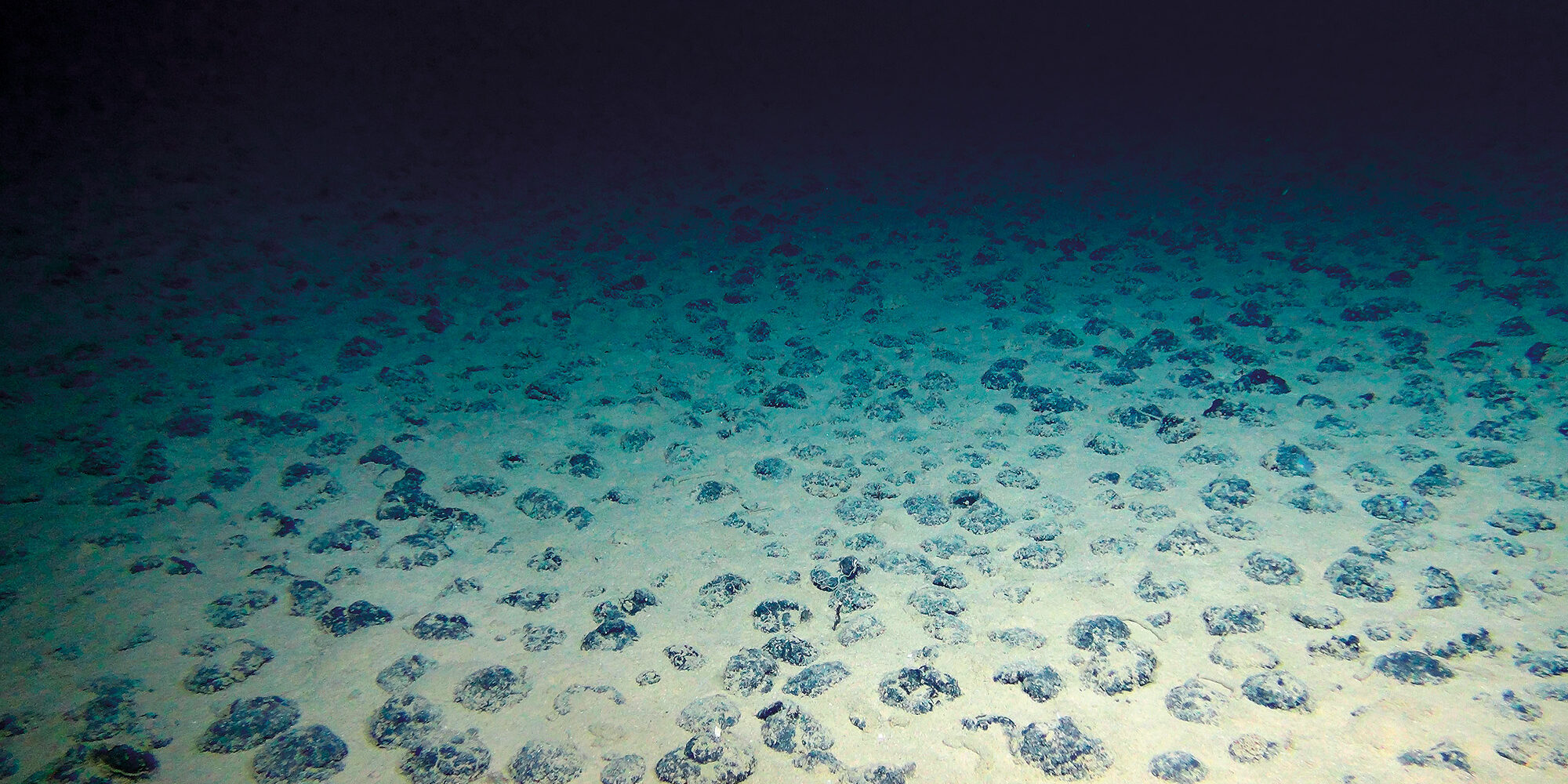Groundbreaking Research on Oxygen Production in the Deep Sea

Deep-Sea Discovery of Oxygen Production
Researchers have made a significant discovery in the Pacific Ocean, demonstrating the process of lightless oxygen production at the ocean floor. This phenomenon challenges existing theories about the origin of life.
The Role of Manganese Nodules
- Manganese nodules are central to this newly understood process.
- This method resembles a form of photosynthesis that does not require sunlight.
Implications for Life
The implications of this discovery are profound, as they offer insights into how life might exist in extreme environments elsewhere in the universe. The ability to produce oxygen without light opens doors to new possibilities in bioenergetics and exobiology.
In conclusion, this discovery challenges conventional views on how life originated and can inform future research on marine biology and astrobiology.
This article was prepared using information from open sources in accordance with the principles of Ethical Policy. The editorial team is not responsible for absolute accuracy, as it relies on data from the sources referenced.